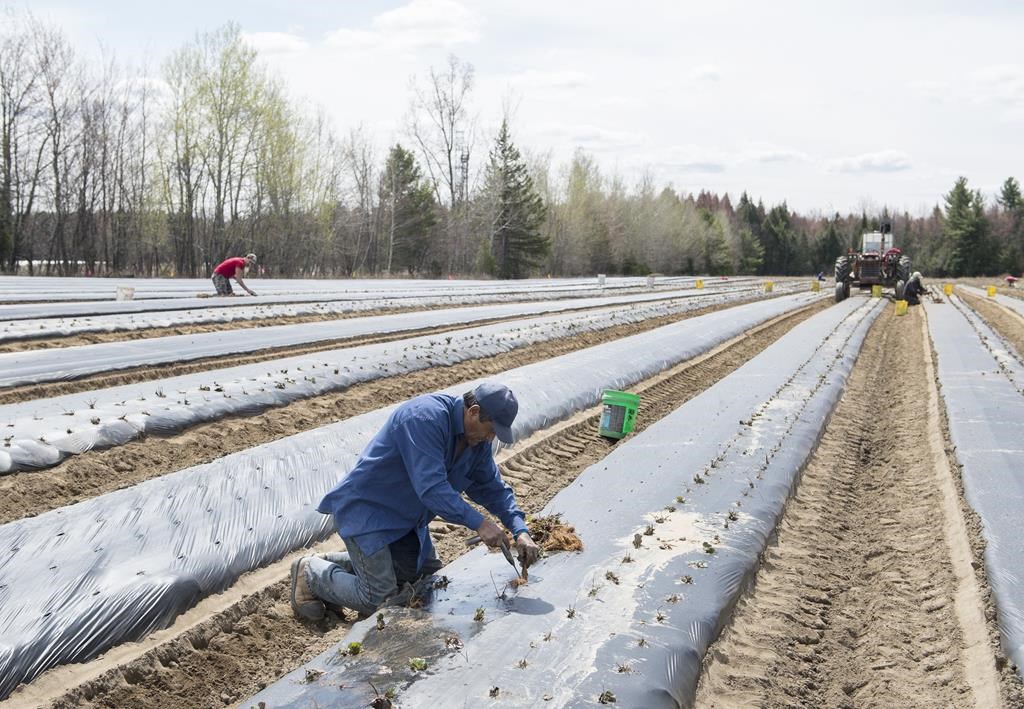Researches at Dalhousie University are looking into how the COVID-19 pandemic is directly affecting thousands of temporary foreign workers who have taken on jobs in the agricultural, seafood processing and other food sectors in the Maritimes.

According to a statement by Dal, these jobs are not often sought by local residents, and are mostly being filled by migrant workers from Mexico, the Philippines, the Caribbean and Central America.
READ MORE: New Brunswick reverses ban on temporary foreign workers
“Little is known about how the global SARS-CoV-2 crisis is affecting working and living conditions for temporary foreign workers, and ultimately their health and safety,” Dalhousie said in a press release.
Researchers at the university said they are hoping to fill that knowledge gap through a project that will document the impact of COVID-19 on temporary foreign workers, while also looking at how access to services and protections for migrants may vary across the Maritimes.

Raluca Bejan, an assistant professor of social work at Dalhousie, is leading a team that will ask migrant workers directly about their experiences in the agri-food sector in the Maritimes, and how the pandemic has affected them.

Get breaking National news
According to the team, temporary foreign workers are migrants to Canada who hold limited work permits for specific employers, for a predetermined time.
“By mid-April, nearly 300 Jamaicans landed in Halifax to begin work in Nova Scotia. Both Prince Edward Island and New Brunswick expected hundreds more temporary foreign workers for the season,” the team said in a press release.
READ MORE: Migrant workers call on Trudeau to extend full immigration status
The team, along with others from St. Thomas University in New Brunswick and Cooper Institute in Prince Edward Island, are set to gather the information through anonymous phone interviews with people employed as temporary foreign workers in the Maritimes who can speak English or Spanish.
According to Dal, the migrant workers will be asked about everything from their accommodations and the ability to social distance to the provision of personal protective equipment and whether they were able to safely quarantine.









Comments